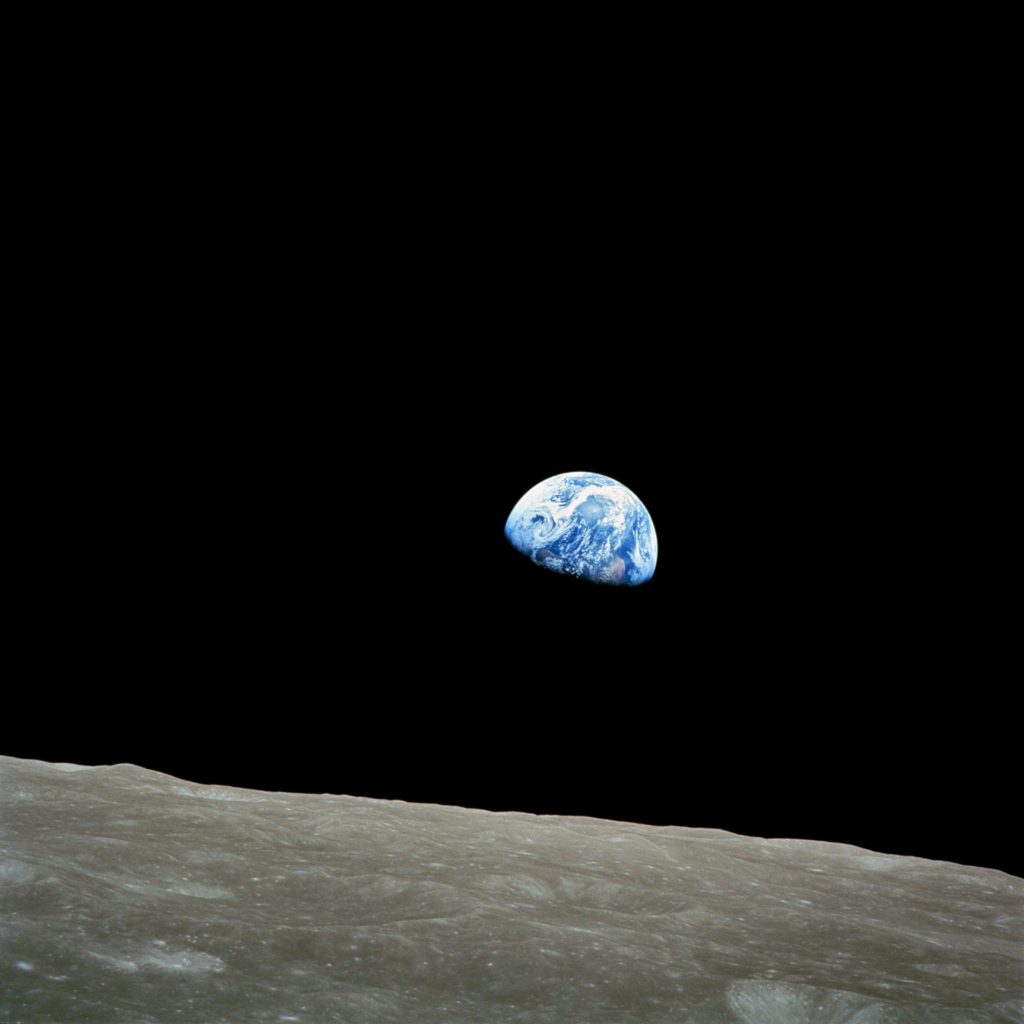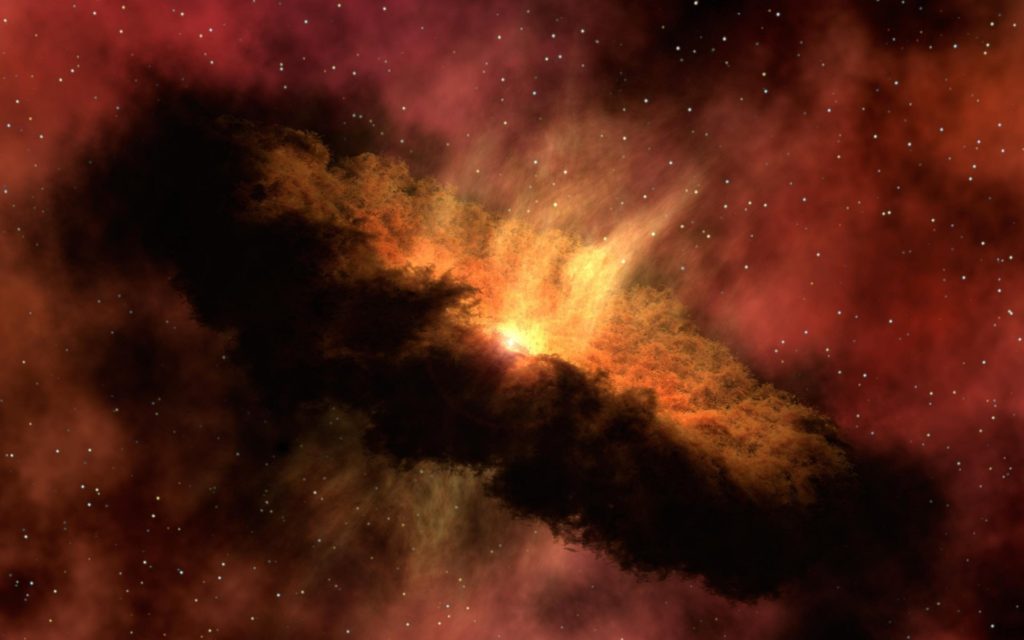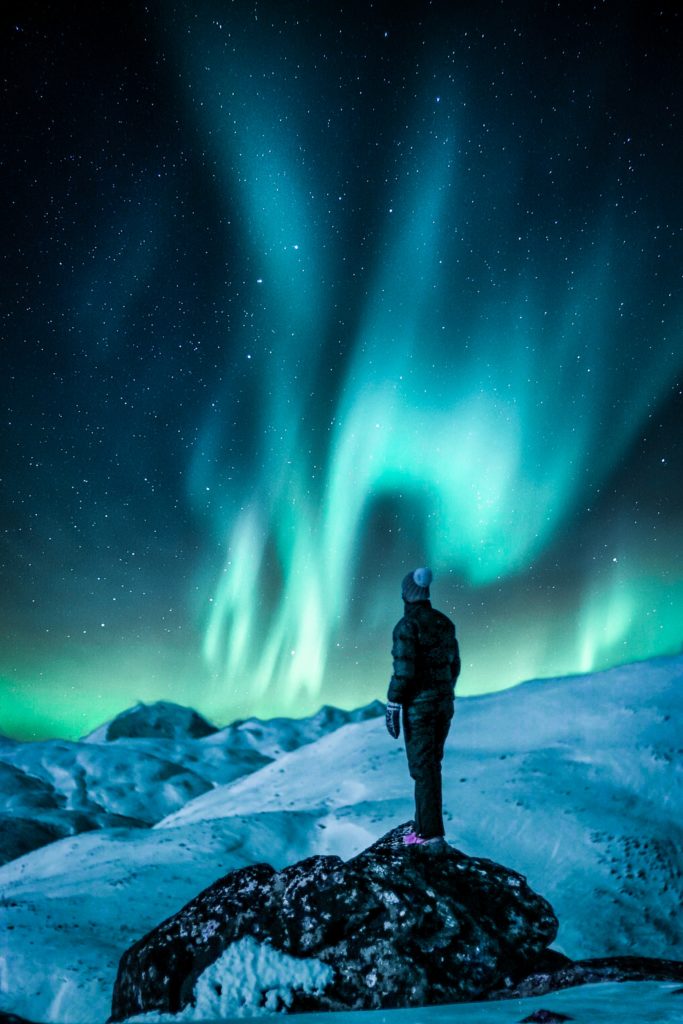Big Crunch or Maximum Entropy

Scientists do not believe, most of them, that the universe will collapse again. For many years, it was thought that the universe would eventually stop expanding and collapse back in on itself, but more recent observations have shown that the expansion of the universe is actually accelerating.
Dark Energy
This is due to the presence of dark energy, a mysterious force that makes up about 70% of the universe. Dark energy is causing the galaxies to move away from each other at an ever-increasing rate, and it is very likely that this expansion will continue forever.
There are a few different theories about what will happen to the universe in the far future. One possibility is that the universe will eventually reach a state of “heat death,” in which all of the stars will burn out and all of the matter will be spread out so thinly that there is no longer any energy available to create new stars or galaxies.
Separate Universes?

Another possibility is that the universe will continue to expand forever, eventually becoming so large that no individual galaxy can be seen from any other galaxy. In this scenario, the universe would effectively become a vast, empty void.
It is also possible that the universe will eventually collapse again, but this is considered to be much less likely than the other two scenarios. In order for the universe to collapse, the amount of dark energy would have to decrease significantly. However, there is no evidence to suggest that this is happening.
Ultimately, the fate of the universe is a mystery. We can only make educated guesses based on the current state of the universe and our understanding of physics. However, one thing is for sure: the universe is a vast and amazing place, and it is full of mysteries that we have yet to solve.
Research

Researchers at the University of Southern Denmark are proposing that a ‘phase transition’ envelope will spread through the universe, making matter more massive and leading to a big crunch. Since the advent of the Big Bang theory some scientists have put the notion up that the expansion we think we see will come to an end and the universe will once again collapse to a point of singularity.
Other scientists have postulated that the universe might continue to expand, reaching for maximum randomness, until gravity itself cannot hold particles together. The universe, and even physics as we know it will be overcome by a sub-zero space where even the packets of energy we know as protons and neutrons will unravel. However, the latest mathematics announced in the Daily Mail out of Denmark lean toward the opposite.
Should scientists at University of Southern Denmark be correct, a “shift in the forces of the universe will cause every particle in it to become extremely heavy”. Research and calculations now account for the famous Higgs boson, now being studied with glee at the CERN accelerator. Scientists can’t say where or exactly why, but their numbers lead them to believe an ultra-dense “bubble” might appear suddenly in a certain place of the universe at a certain time. “The bubble would then expand at the speed of light, entering all space … all elementary particles inside the bubble will reach a mass much heavier than if they were outside the bubble, and they would be pulled together to form supermassive centers.”
Other research, of course, has postulated that the Big Bang expanded faster than the speed of light, and scientist admit that discoveries beyond the Higgs Boson would probably lead to new theories and calculations.
